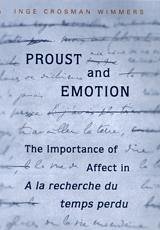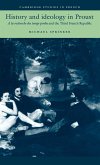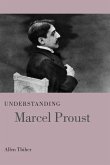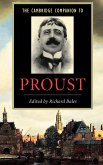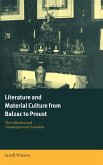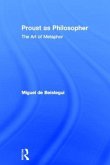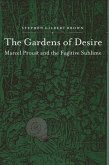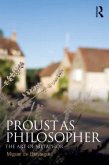In developing his views on reading and writing with the focus on how things appear to us and how we feel about them, Proust did nothing less than redefine reality by emphasizing that what matters is not some objective account of the world but rather 'la realite telle que nous l'avons sentie, ' that is, our inner world as shaped by sensory impressions, emotions, moods, reminiscences, and imagination. In the Proustian world, reference is no longer to a given object or state of affairs, but to a personal construction that reflects the very inflections of one's being. In reading A la recherche du temps perdu, we are thus confronted with the description of the complex overlay of the hero-narrator's concurrent impressions and feelings, and, occasionally, the sudden telescoping of past and present moments though affective memory. As we add to this intricate texture the configurations of our own self-motivated reading, we are engaged in a truly 'hypertextual' experience, since Proust's novel is open to diverse readings as it encourages us to seek new connections and to explore the aleatory.From the introduction
Hinweis: Dieser Artikel kann nur an eine deutsche Lieferadresse ausgeliefert werden.
Hinweis: Dieser Artikel kann nur an eine deutsche Lieferadresse ausgeliefert werden.
